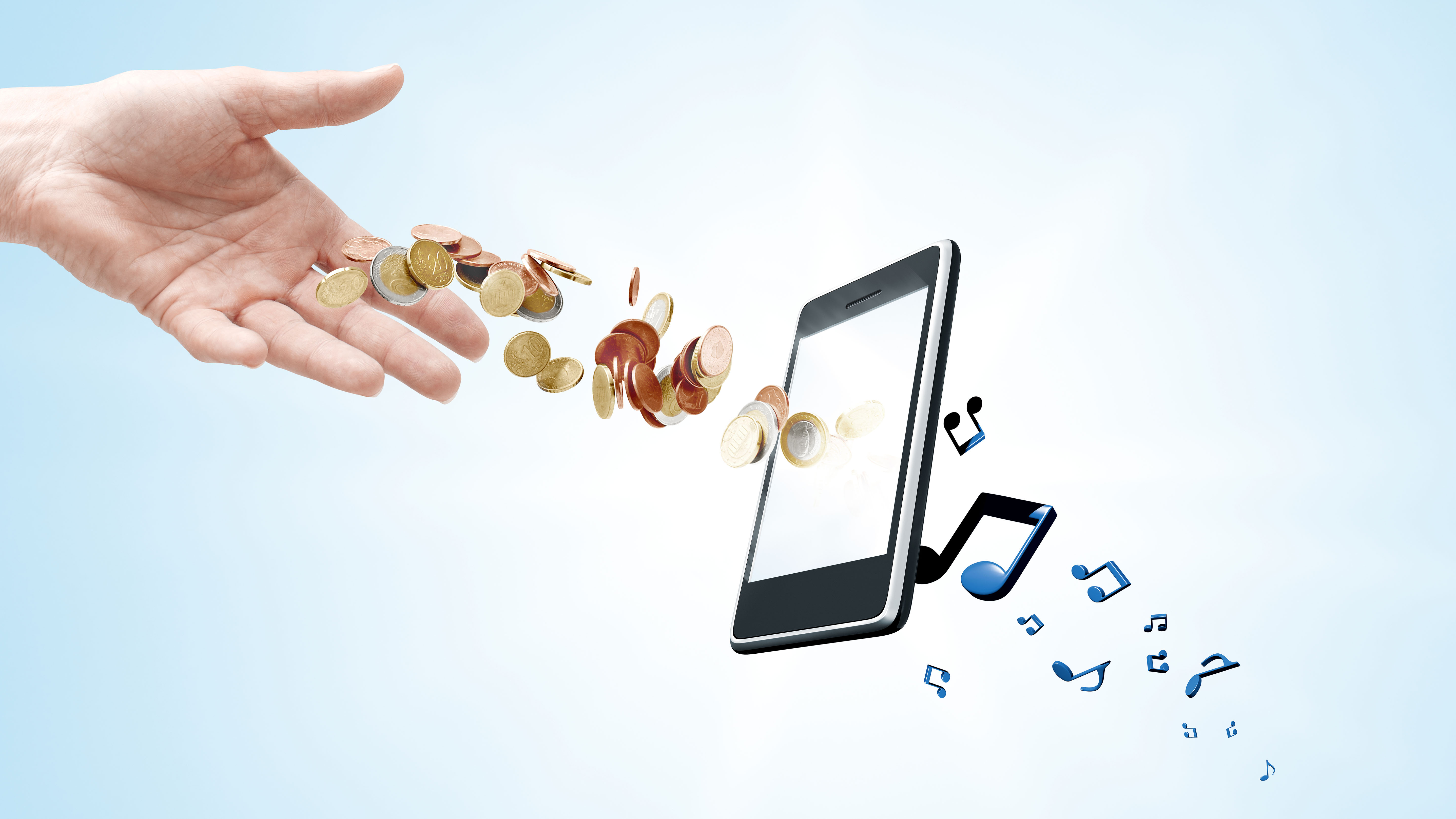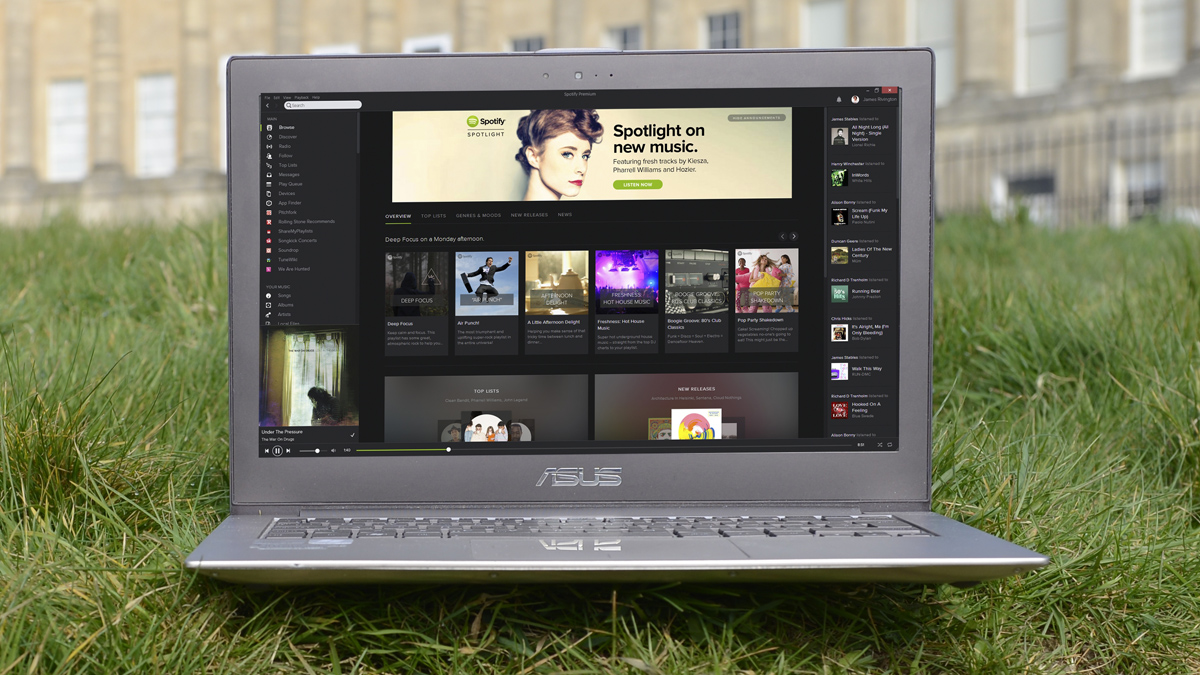"As a musician, you've lost money before you've even got off the ground”: A shocking analysis of the disparity between promoting music compared to other sectors
Why are musicians frequently finding themselves counting their losses?

Want all the hottest music and gear news, reviews, deals, features and more, direct to your inbox? Sign up here.
You are now subscribed
Your newsletter sign-up was successful
During the research process for MusicRadar’s recent long-read on the cost of being a music-maker in the 2020s, we explored some of the details regarding the cost of getting music promoted online when compared to other products and services. It went some way to underlining just how on the back-foot financially many self-sustaining musicians actually are, compared to other promoters.
On the back of a recent census from Right Chord Music, which illustrated that monetising music was a fundamental issue for musicians, we spoke to the indie blog’s founder, Mark Knight to learn more about the reasons behind why that might be. Knight told us how recent major legal and financial changes have had a knock-on effect which musicians in particular are feeling more than most.
“Probably around ten years ago, the way you promoted music as an independent artist was that you could run Facebook ads or Instagram ads, and it would drive the person to a landing page where users could click a link on that page and go onto Spotify and then [they would] hopefully listen to your track for 20 seconds or more, which would register as a stream,” Mark told us.

"What happened about five years ago is Apple changed its Privacy Policy, so then half of the users on Facebook just weren't accessible. The cost of advertising then went sky high. Back then [prior to the Privacy Policy change] the cost of a conversion would, on a good day, be about 10p, right? But getting someone to that same link after the Apple change hiked up the cost to something like four pounds.”
"Now, if you bear in mind that the money you're getting back from that stream is 0.03p, then you've already spent way more than you're going to earn back. Now, I can't think of another category on earth that you lose money in order to get a customer.”
In the long-read, Knight compared this to other advertisers and how many of them can swallow that additional cost, “If we're selling Nike trainers, you've got probably £90 to play with before you lose money. If you're selling a car, you've got, you know, £20,000 to play with before you lose money. As a musician, you've lost money before you've even got off the ground.”
In the course of our interview, Mark went on to explain that the issue is compounded by Spotify’s lack of transparency over the information it provides. In a part of our talk which we didn’t include in our original long-read, Mark told us; “Spotify, in some ways, has been a white knight for music. When it launched, it made a better solution to the world of free, illegal downloads. The counterpoint to that is they don't give you [hardly] any data, right? So, you don't know where a stream has come from, and you can't retarget that person."
"So again, in the advertising world, if 50 people have come to your shop and only one person's bought [an item], you can retarget the other 49 to say 'hey here's an offer, check this out, go and buy!' With Spotify, you can't do that.”
Want all the hottest music and gear news, reviews, deals, features and more, direct to your inbox? Sign up here.
For more insight and a deeper analysis of marketing and other financial issues, read our lengthy piece on the cost of being a music-maker.



I'm Andy, the Music-Making Ed here at MusicRadar. My work explores both the inner-workings of how music is made, and frequently digs into the history and development of popular music.
Previously the editor of Computer Music, my career has included editing MusicTech magazine and website and writing about music-making and listening for titles such as NME, Classic Pop, Audio Media International, Guitar.com and Uncut.
When I'm not writing about music, I'm making it. I release tracks under the name ALP.